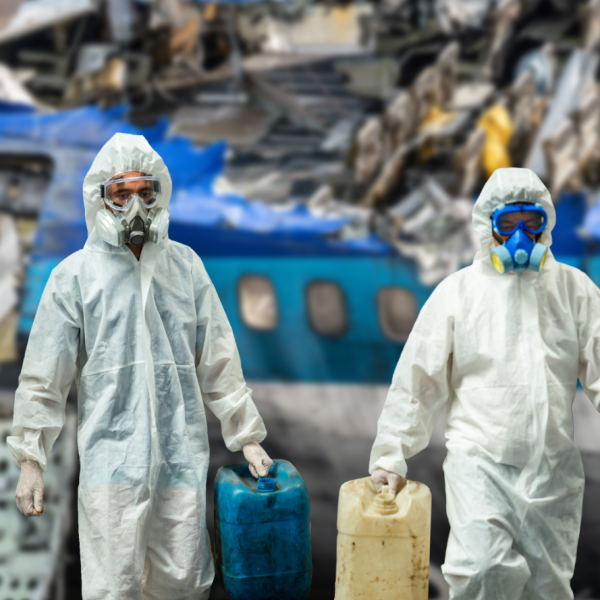
Objectives
To be knowledgeable about all aspects of the professional practice, both in a national and international context, of an aircraft accident investigator, covering civil as well as military, light and heavy weighted, fixed, rotary winged aircraft and RPAS.
To be able to participate as an Accredited Representative and then Investigator in an aviation safety investigation.
Audience & Prerequisites
All civil and military personnel involved in an aircraft accident investigation process.
A thorough knowledge of the aviation system is required before attending this course.
The course Aviation Accident Investigator is in compliance with ICAO Annex 13 and Circular 298, It qualifies for expert on Aircraft Accident Investigation.
Multinational course; English intermediate level (B1/B2).
Duration: 4 weeks – 108 hours.
Course content
- Basics on accident prevention: the accident mechanism, systemic causation, safety investigation.
- Regulatory aspects: International, European organisation, jurisdictional and litigation aspects.
- Investigation of the accident scene: the wreckage, securing and protection.
- Investigations of technical factors: aircraft systems, fire investigation, FDR, CVR, power plant, fracture analysis, aircraft records and operational status.
- Investigation of environmental factors: airport facilities, meteorology, etc.
- Investigation of human factors: limitations, forensic, accident survival.
- Investigation of organisational factors: operations, flight planning, resources management, accident response plan.
- Witness interviews and group communication: limitations of witnesses statements, inter-individual communication, communication styles, obstacles to communication. Practical exercises and role playing sessions.
- Analysis and sequence of events: preparatory measures, general organisation, determination of causes, recommendations and exploitation of reports.
- Technical visits: voice and data recorders laboratory, metallurgy and chemical laboratory.
- Case studies: reconstruction of accident investigation.
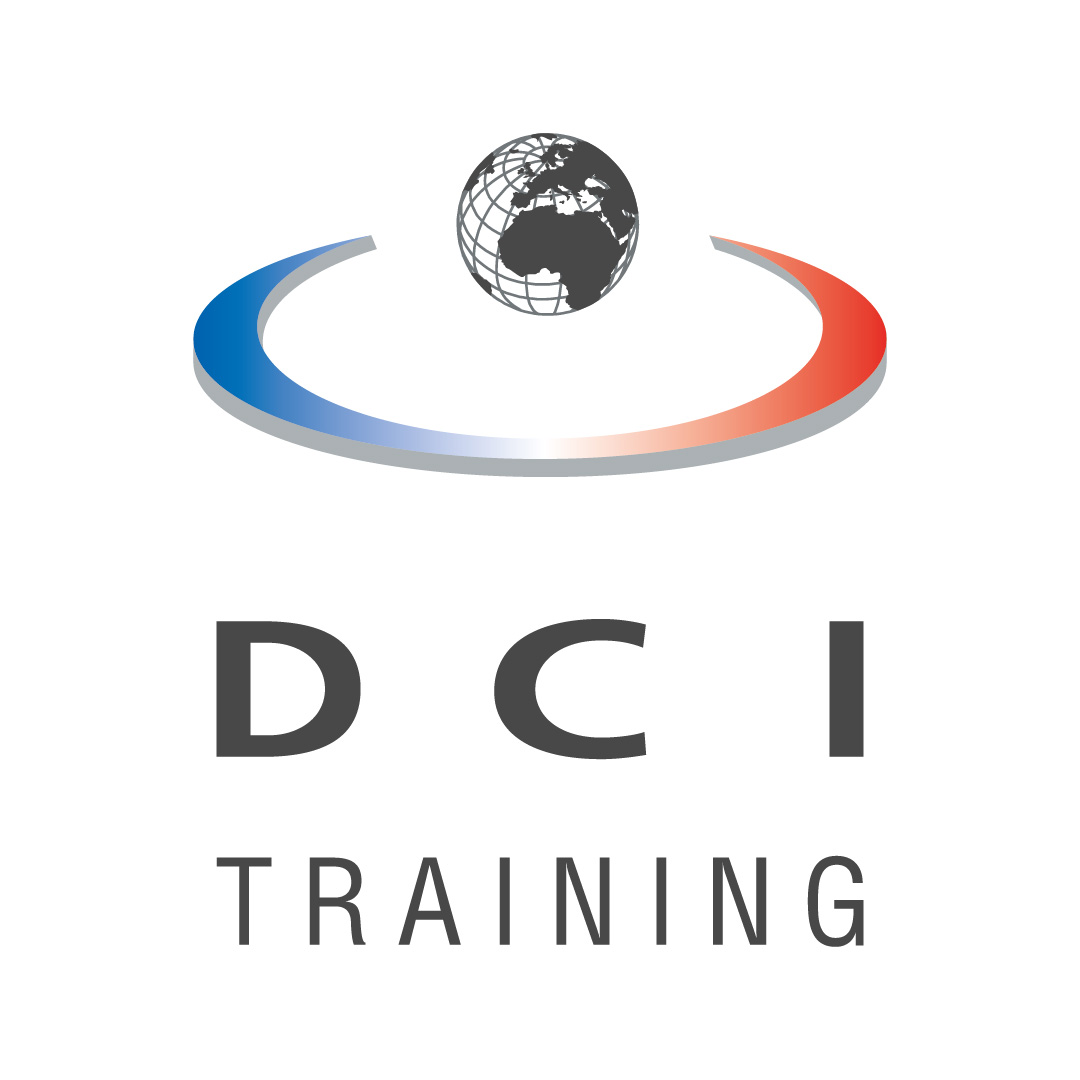
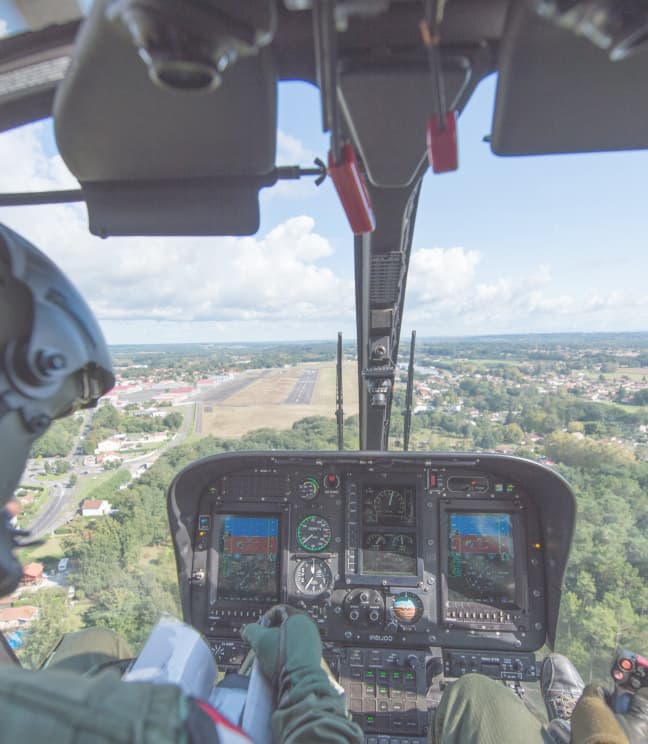
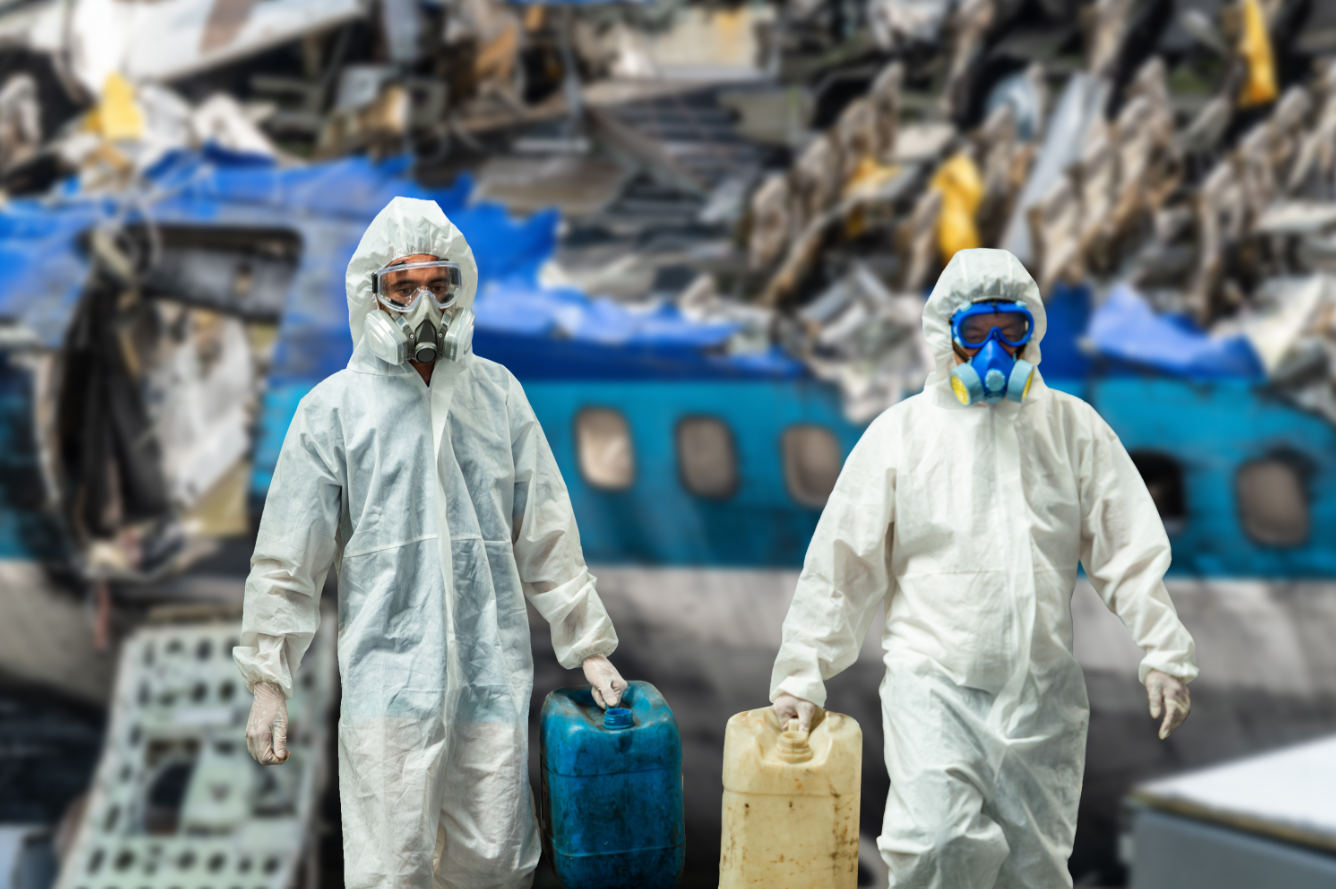
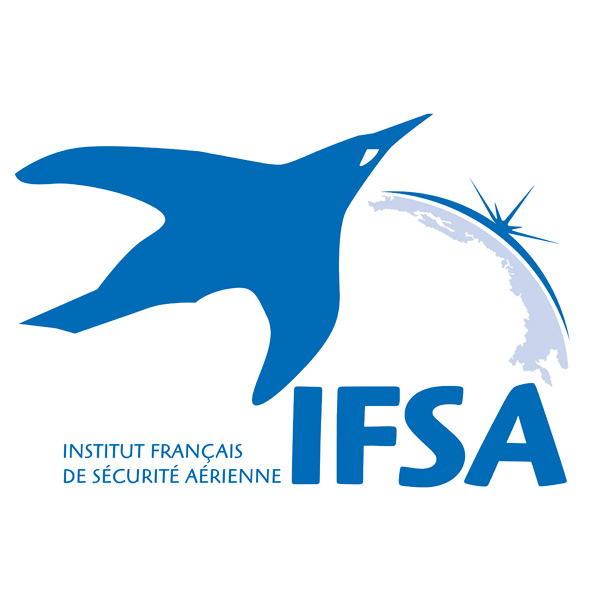
 Aviation Accident Investigator (AAI)
Aviation Accident Investigator (AAI)
 Qualification
Qualification
 Duration
Duration
 Location
Location
 Language
Language
 Type
Type
